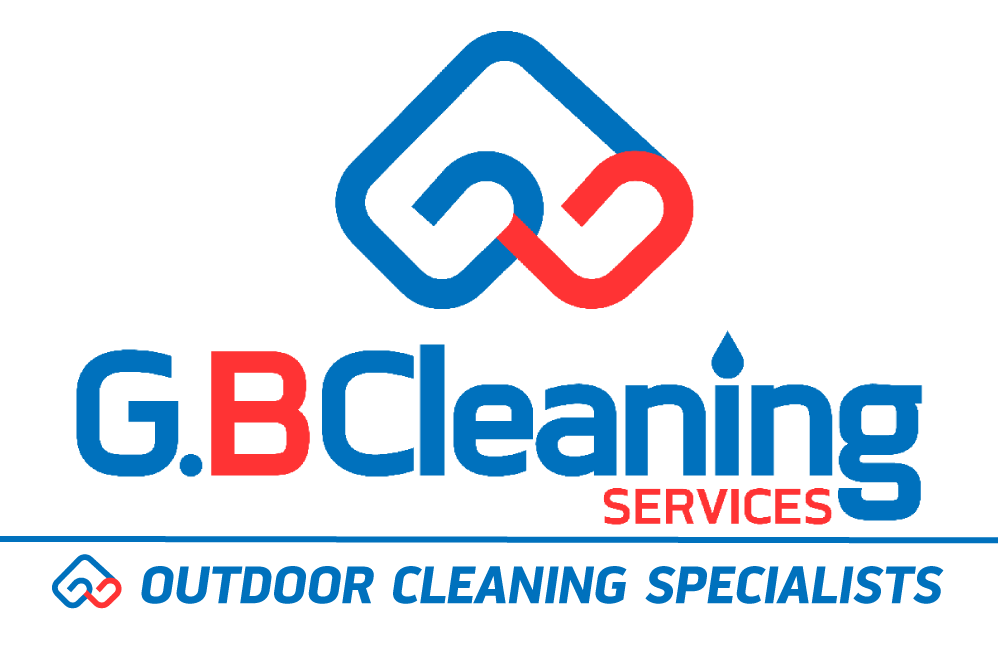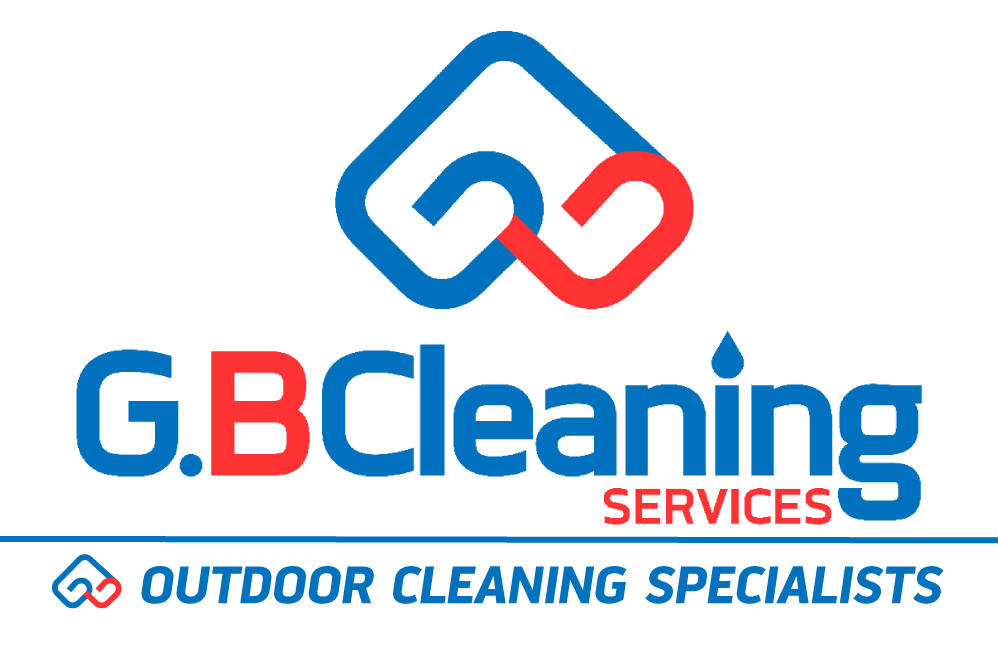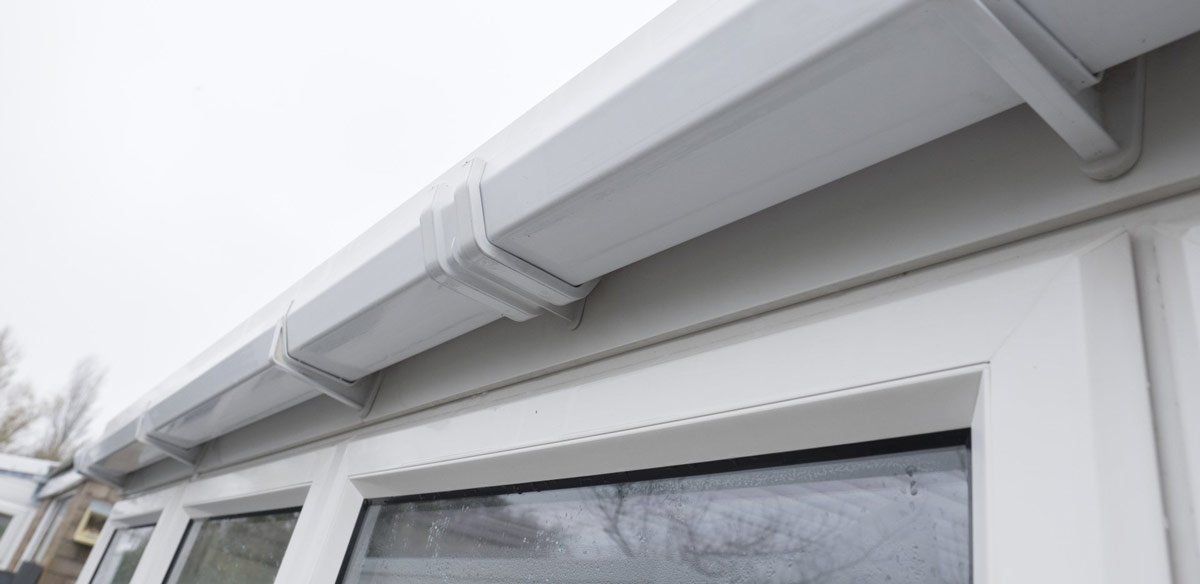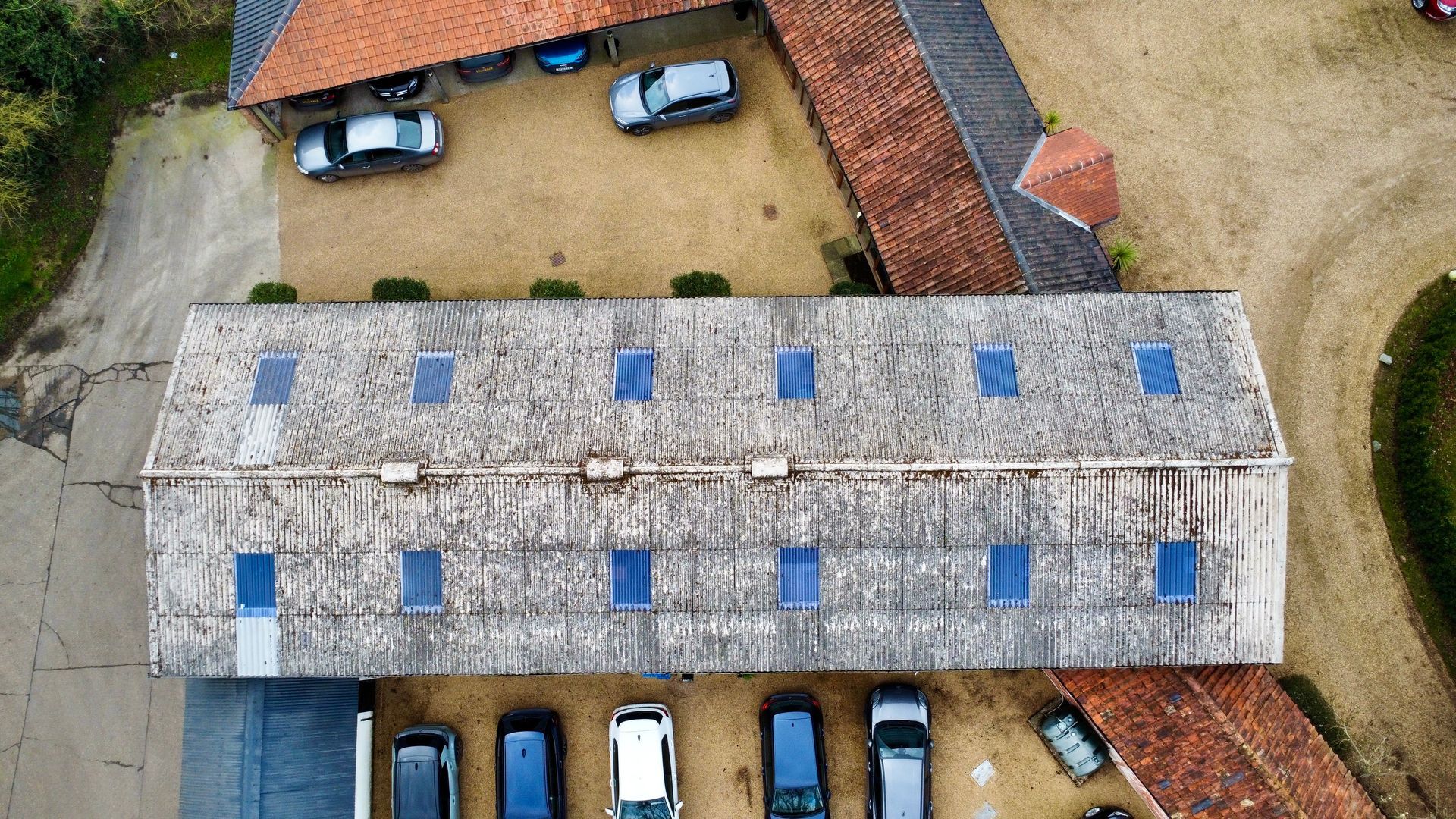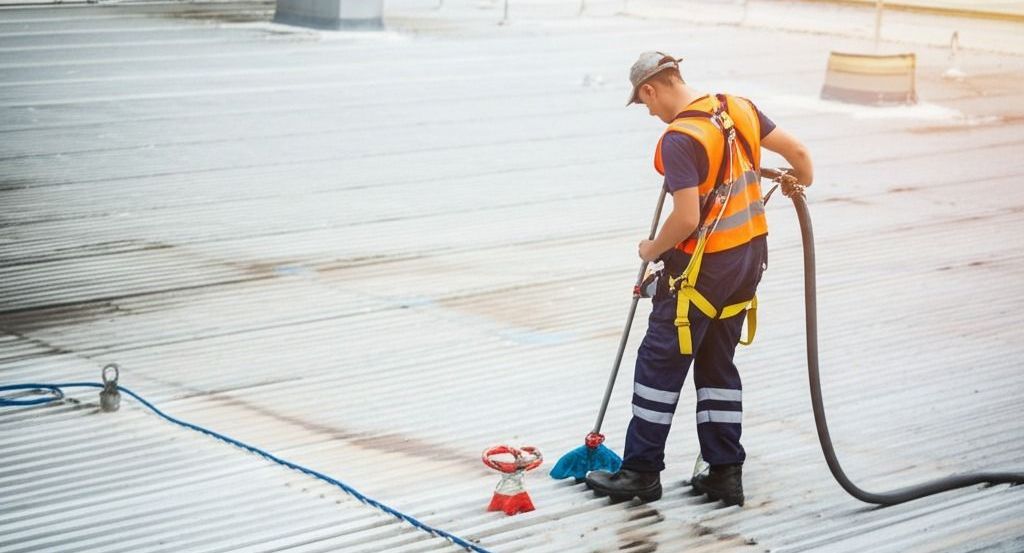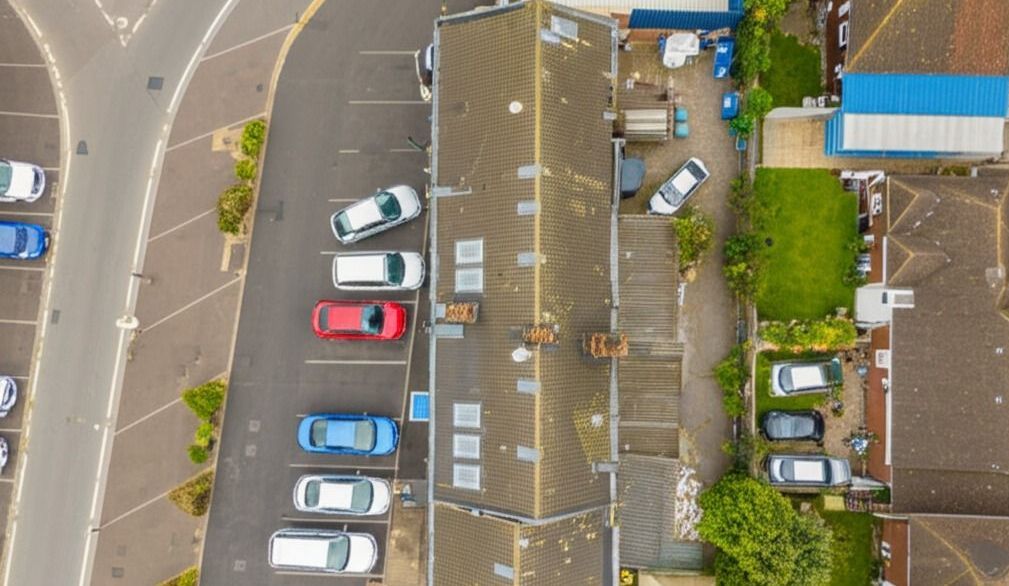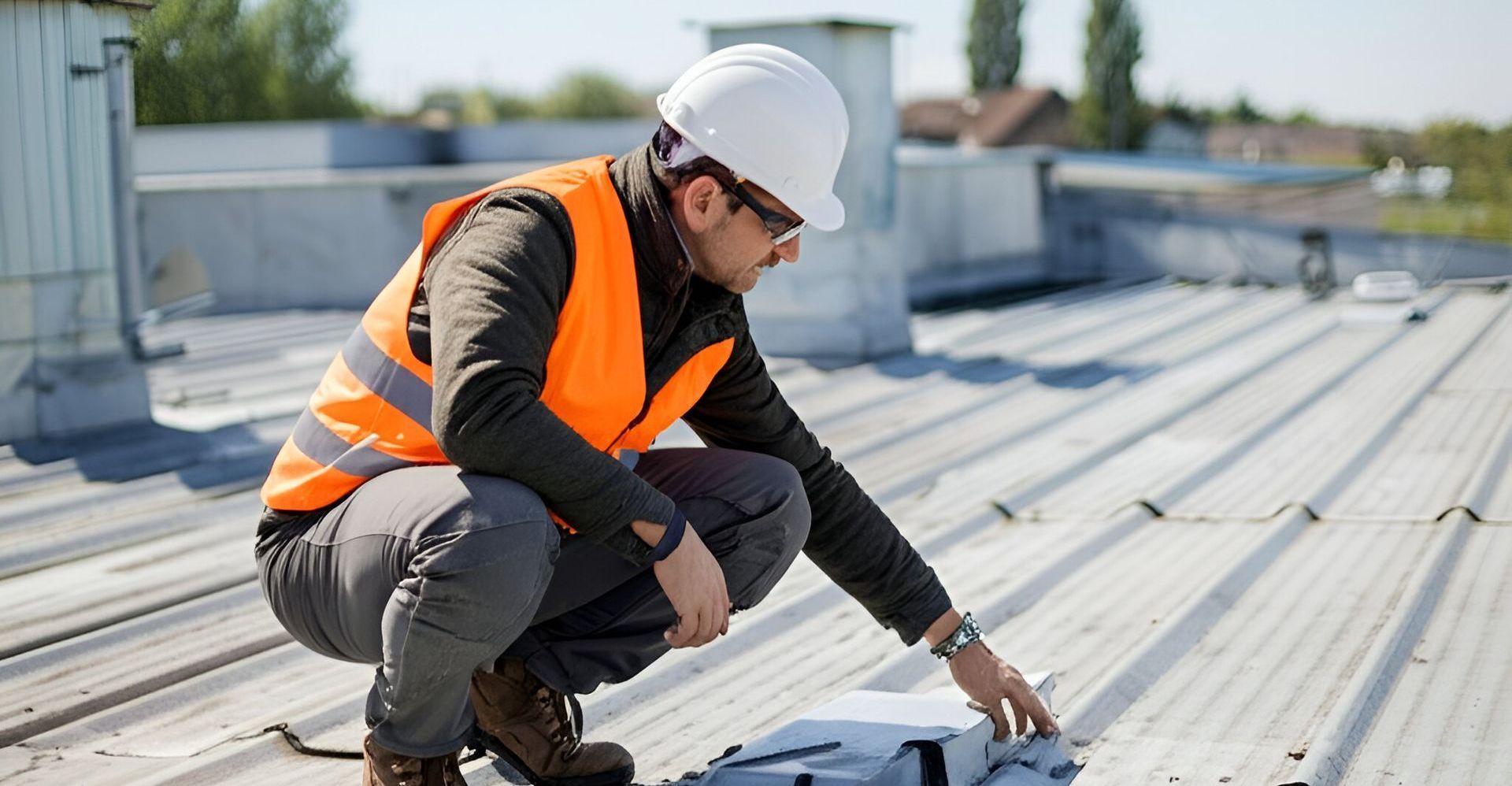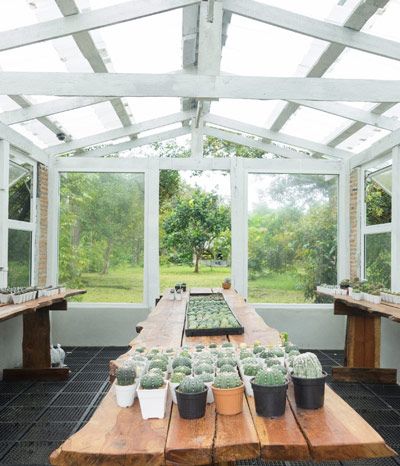Eco-Friendly and Effective: The Chemicals Used in Soft Washing Your Roof
The Science of a Gentle Clean: What Goes into Soft Washing?
Soft washing has emerged as a preferred method for cleaning roofs, offering an effective and gentle alternative to traditional pressure washing. Unlike high-pressure methods, soft washing relies on specialized cleaning solutions to remove dirt, algae, moss, and other contaminants from the roof's surface.
This article delves into the chemicals commonly used in soft washing, their roles in the cleaning process, and considerations for ensuring environmental safety and the longevity of your roof.
The Core Components of Soft Washing Solutions
Soft washing solutions typically comprise a blend of chemicals designed to tackle various contaminants without damaging the roofing material. Here are the primary chemicals used in the process:
1. Sodium Hypochlorite (Bleach)
Sodium hypochlorite is a powerful disinfectant and the main ingredient in many soft washing solutions. It effectively kills algae, moss, mildew, and other microorganisms, ensuring a thorough clean. When diluted appropriately, sodium hypochlorite is safe for most roofing materials, though care must be taken to prevent damage to surrounding vegetation and to ensure it's rinsed thoroughly after application.
2. Surfactants
Surfactants are added to soft washing solutions to improve the cleaning agent's ability to cling to the roof's surface, allowing for more effective removal of dirt and organic growths. This increased contact time helps the sodium hypochlorite work more efficiently, resulting in a cleaner roof with less environmental impact due to reduced runoff.
3. Water
Water acts as the diluent in soft washing solutions, ensuring the chemicals are appropriately concentrated for safe and effective cleaning. The ratio of water to other chemicals is crucial; too strong a solution can damage the roofing material, while too weak may not effectively clean the roof.
4. Additional Additives
Depending on the specific needs of the roof and the preferences of the service provider, additional additives may be included in the soft washing solution. These can include algaecides or fungicides to prevent future growth of algae and moss, and odor neutralizers to mitigate the smell of bleach.
Environmental and Safety Considerations
While the chemicals used in soft washing are effective at cleaning roofs, it's essential to consider their environmental and safety impacts:
- Proper Dilution and Application: Ensuring chemicals are correctly diluted and applied minimizes the risk of damage to the roofing material and surrounding landscaping.
- Protecting Vegetation: To safeguard plants and grass from chemical damage, professionals often pre-wet surrounding vegetation and cover sensitive plants with tarps during the cleaning process.
- Eco-Friendly Alternatives: Some companies offer eco-friendly soft washing solutions that use less harsh chemicals, reducing the environmental footprint of the cleaning process.
Soft washing is a powerful and safe method for cleaning roofs, relying on a carefully balanced mix of chemicals to remove contaminants effectively. By understanding the chemicals involved and their functions, homeowners can make informed decisions about roof cleaning methods.
Choosing a professional soft washing service that prioritizes environmental safety and the integrity of your roof ensures that your home remains both clean and protected.
As the industry evolves, so too do the solutions used, with a growing emphasis on eco-friendly alternatives that promise a clean roof without compromising the planet's health.
